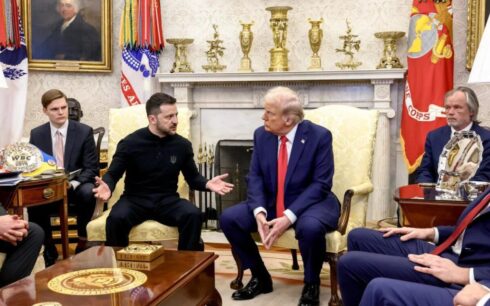India concluded voting on Saturday in the final phase of a protracted general election, marked by record summer heat in many regions. Prime Minister Narendra Modi and his main opponent, Rahul Gandhi, have both expressed confidence in their respective chances of victory. The election has largely focused on issues of inequality and religion.
The seven-phase election, which began on April 19, saw nearly a billion eligible voters cast their ballots. The final phase includes polling in 57 constituencies, notably including Modi’s own seat in the Hindu holy city of Varanasi.
On Saturday, more than 100 million people were registered to vote across eight states and federal territories, including the northern state of Punjab and the eastern states of Bihar, West Bengal, and Odisha.
“Calling upon the voters to turn out in large numbers and vote,” Modi urged as polls opened. “Together, let’s make our democracy more vibrant and participative.”
Modi is seeking a rare third consecutive term as prime minister. His Hindu nationalist Bharatiya Janata Party (BJP) faces a formidable challenge from an opposition alliance of two dozen parties led by the Congress party. Despite widespread expectations of a BJP victory, the election has been marked by intense voter fatigue due to scorching temperatures and concerns over unemployment and inflation.
The opposition alliance, known as the Indian National Developmental Inclusive Alliance (INDIA), has mounted a spirited campaign, introducing some uncertainty into Modi’s anticipated path to victory.





